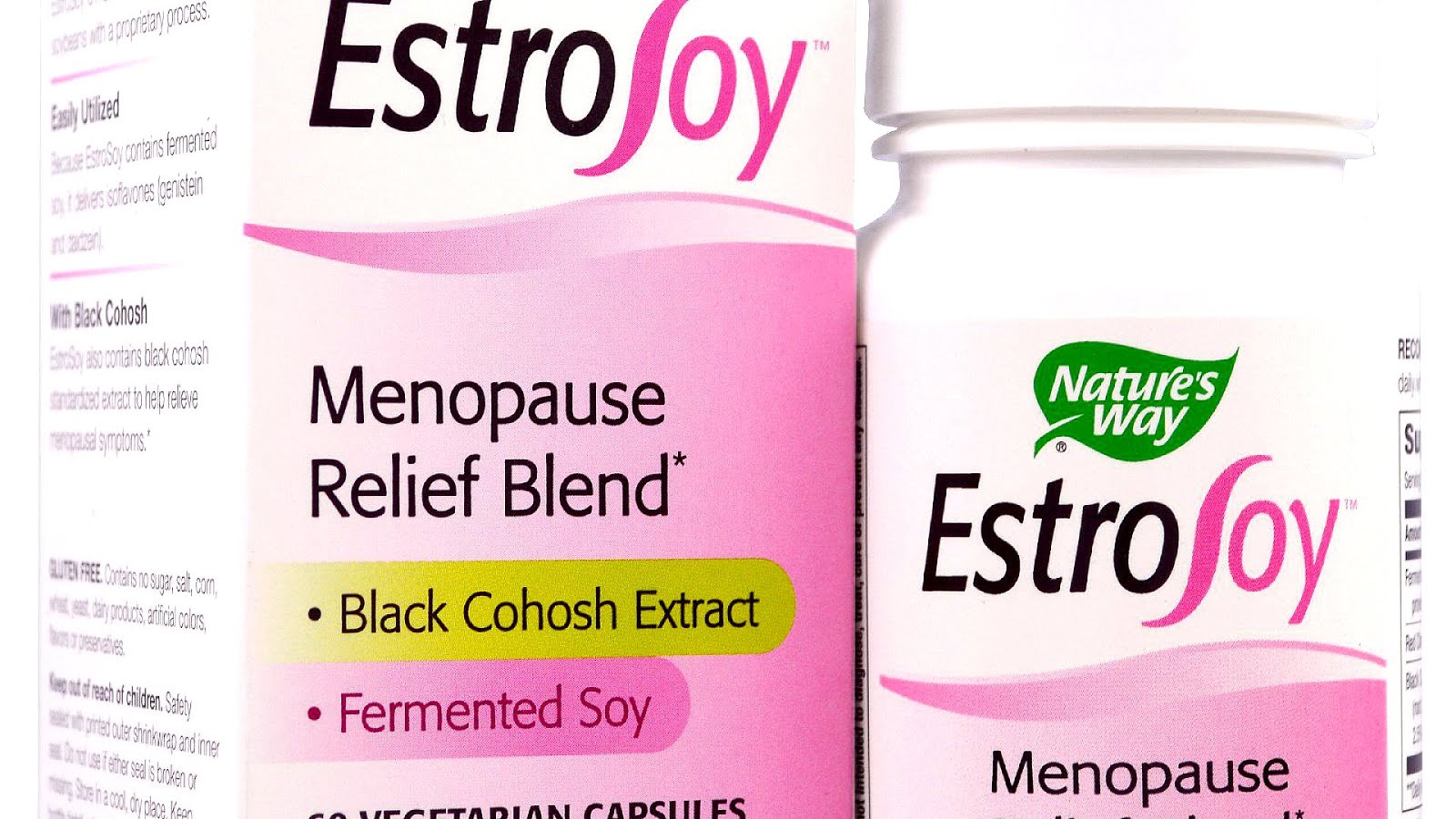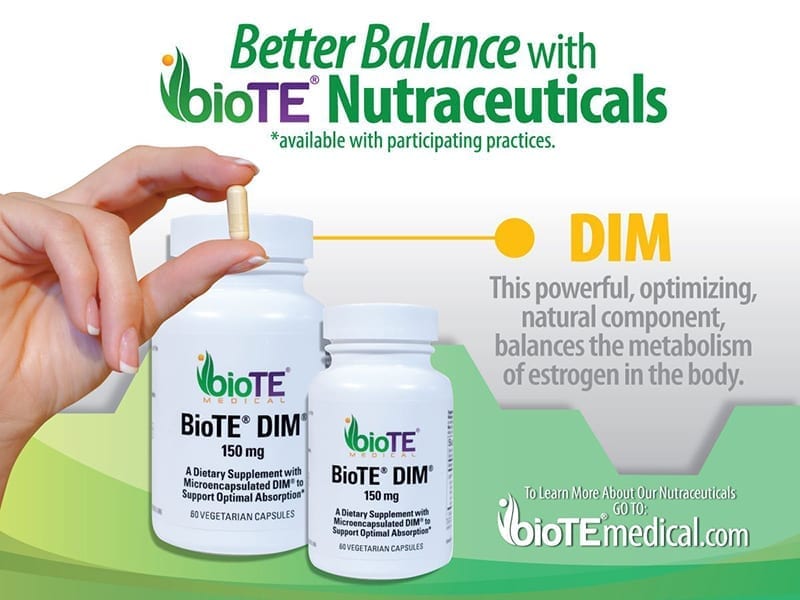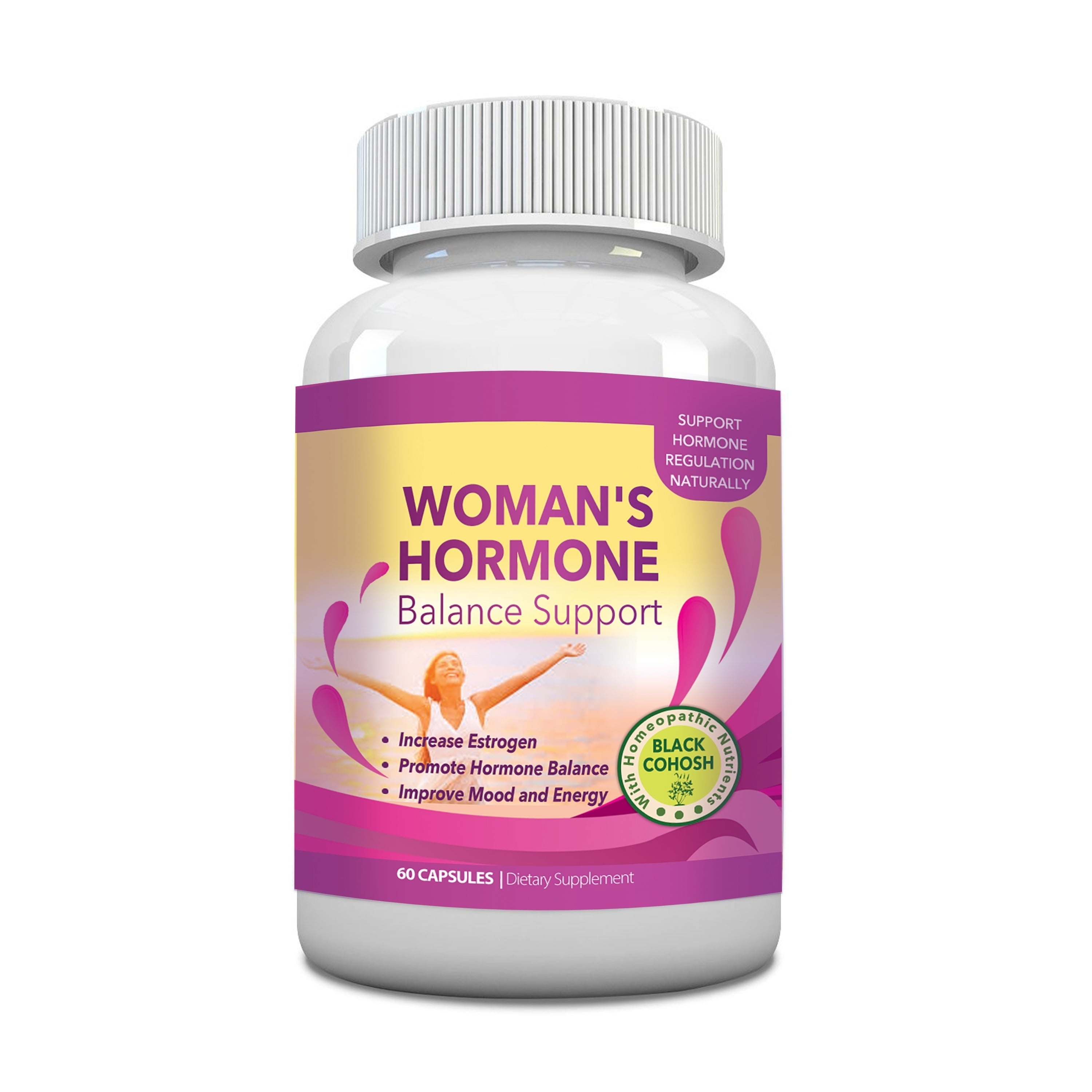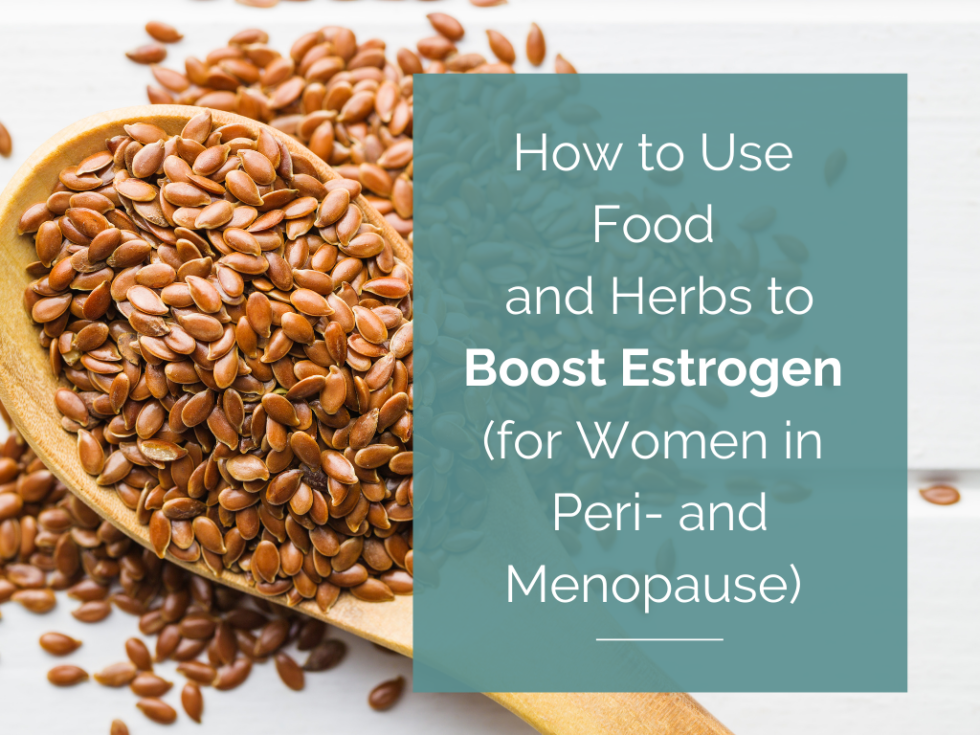Herbal hormone replacement emerges as a promising alternative in maintaining hormonal equilibrium. Harnessing nature’s healing power, herbal remedies offer a holistic approach to hormone regulation, fostering well-being and vitality.
From alleviating menopausal symptoms to balancing estrogen levels, herbal remedies play a versatile role in addressing hormonal imbalances. Their mechanisms of action, safety considerations, and effective usage will be explored in this comprehensive guide.
Introduction to Herbal Hormone Replacement

Hormone replacement therapy (HRT) aims to restore hormonal balance in individuals experiencing hormonal imbalances. Conventional HRT often involves synthetic hormones, while herbal hormone replacement utilizes natural plant-based remedies to address hormonal deficiencies or imbalances.
Herbal remedies have been traditionally employed to support hormonal health due to their ability to mimic the effects of human hormones. They offer a holistic approach to hormone replacement, working in synergy with the body’s natural systems to promote overall well-being.
Benefits of Herbal Hormone Replacement
- Natural and Holistic:Herbal remedies are derived from plants, offering a natural and holistic approach to hormone replacement.
- Fewer Side Effects:Compared to synthetic hormones, herbal remedies generally have fewer side effects due to their natural composition.
- Supports Overall Health:Herbal remedies not only address hormonal imbalances but also support overall health and well-being.
Types of Herbal Remedies for Hormone Replacement

Herbal remedies have been used for centuries to alleviate symptoms and restore hormonal balance. Various plants contain compounds that mimic or complement the body’s natural hormones, offering a holistic approach to hormone replacement.
These herbal remedies fall into several categories based on their specific applications:
Menopausal Symptoms
- Black cohosh:Alleviates hot flashes, night sweats, and mood swings associated with menopause.
- Red clover:Rich in isoflavones, which act as weak estrogens to reduce menopausal symptoms.
- Evening primrose oil:Contains gamma-linolenic acid, which may reduce breast tenderness and inflammation.
Estrogen Balance
- Wild yam:Contains diosgenin, a precursor to progesterone, which helps balance estrogen levels.
- Dong quai:A traditional Chinese herb that supports estrogen production and regulates menstrual cycles.
- Chasteberry:Helps reduce prolactin levels, which can lead to estrogen dominance.
Thyroid Function
- Ashwagandha:An adaptogen that supports thyroid function and reduces stress-related symptoms.
- Guggul:Helps regulate thyroid hormone production and reduce inflammation.
- Coleus forskohlii:Stimulates the production of thyroid hormones, improving metabolism and energy levels.
Mechanisms of Action

Herbal remedies exert their hormone-regulating effects through various mechanisms, interacting with the body’s hormonal system in intricate ways.
These remedies can bind to hormone receptors, mimicking or blocking the effects of natural hormones. They may also influence the production, metabolism, or excretion of hormones, thereby altering their availability and activity.
Interaction with Receptors
- Phytoestrogens, found in plants like soybeans and flaxseeds, bind to estrogen receptors, exerting estrogen-like effects.
- Phytoprogesterones, present in wild yam and chasteberry, interact with progesterone receptors, influencing progesterone activity.
Enzyme Modulation
- Certain herbs, such as black cohosh, contain compounds that inhibit the enzyme aromatase, which converts testosterone to estrogen.
- Other herbs, like licorice root, can enhance the activity of enzymes involved in hormone metabolism, affecting hormone levels.
Metabolic Pathways
- Some herbal remedies influence the metabolic pathways of hormones, altering their breakdown or elimination.
- For example, dandelion root may increase the excretion of estrogen, reducing its circulating levels.
Safety and Efficacy

Concerns regarding the safety and efficacy of herbal hormone replacement are valid. It’s crucial to address these concerns and provide evidence-based information to ensure informed decision-making.
Potential side effects of herbal remedies vary depending on the specific herb used. Some common side effects include nausea, headaches, and skin reactions. However, severe side effects are rare.
Contraindications and Interactions
Certain herbal remedies may have contraindications or interact with medications. For instance, black cohosh should not be used by people with liver disease, and red clover may interact with blood thinners.
Evidence-Based Effectiveness
Clinical studies have provided evidence supporting the effectiveness of some herbal remedies for hormone replacement. For example, research has shown that black cohosh can alleviate menopausal symptoms such as hot flashes and night sweats.
Usage and Administration

Incorporating herbal remedies into your hormone replacement regimen requires careful consideration. To ensure safety and effectiveness, adhere to the following guidelines.
Herbal remedies come in various forms, each with its unique administration method. Teas are a gentle and convenient option, allowing for easy absorption through the digestive system. Tinctures, concentrated liquid extracts, are potent and can be taken orally or applied topically.
Capsules provide a standardized dosage and are easy to ingest. Topical applications, such as creams or gels, deliver the herbal compounds directly to the affected area.
Dosage Recommendations and Precautions
Dosage recommendations vary depending on the specific herb and form of administration. Always consult with a qualified healthcare professional to determine the appropriate dosage for your individual needs. Self-medication can be dangerous, so it’s crucial to seek guidance from an experienced practitioner.
When using herbal remedies for hormone replacement, it’s essential to exercise caution. Some herbs may interact with medications or have side effects. Inform your doctor about all herbal supplements you are taking to avoid potential complications.
Considerations for Specific Conditions
Herbal hormone replacement therapy can play a role in managing specific hormonal imbalances or conditions. While it may provide benefits, it’s crucial to understand its limitations and consider individual factors.
Menopause
Menopause marks the cessation of menstruation and is accompanied by hormonal changes, including a decline in estrogen and progesterone levels. Herbal remedies like black cohosh, red clover, and soy isoflavones have been explored for managing menopausal symptoms, such as hot flashes, night sweats, and mood swings.
These herbs may help alleviate symptoms by mimicking the effects of estrogen.
Premenstrual Syndrome (PMS)
PMS refers to a cluster of physical, emotional, and behavioral symptoms that occur in the days or weeks before menstruation. Herbal remedies, such as chasteberry, evening primrose oil, and magnesium, have been used to regulate hormone levels and reduce PMS symptoms like mood changes, bloating, and breast tenderness.
Thyroid Disorders, Herbal hormone replacement
Thyroid disorders involve an imbalance in thyroid hormone levels, which can affect metabolism, weight, and mood. Some herbal remedies, such as ashwagandha and guggul, have been traditionally used to support thyroid function and alleviate symptoms of hypothyroidism or hyperthyroidism. However, it’s important to consult with a healthcare professional before using herbal remedies for thyroid disorders.
Adrenal Fatigue
Adrenal fatigue is a condition characterized by chronic stress and exhaustion. Herbal remedies like licorice root and rhodiola rosea have been suggested to support adrenal function and improve energy levels. However, more research is needed to fully understand their effectiveness in managing adrenal fatigue.
Question & Answer Hub
Is herbal hormone replacement safe?
Safety considerations vary depending on the specific herbal remedy. It is crucial to consult a healthcare professional before using herbal hormone replacement to assess potential side effects, contraindications, and interactions with medications.
How effective is herbal hormone replacement?
Effectiveness varies based on the individual and the herbal remedy used. Some studies suggest promising results, particularly for specific conditions like menopausal symptoms. However, more research is needed to fully establish the efficacy of herbal hormone replacement for all hormonal imbalances.
How do I use herbal hormone replacement?
Different herbal remedies come in various forms, including teas, tinctures, capsules, and topical applications. Dosage recommendations and precautions vary depending on the specific product. It is essential to follow the manufacturer’s instructions and consult a healthcare professional for personalized guidance.